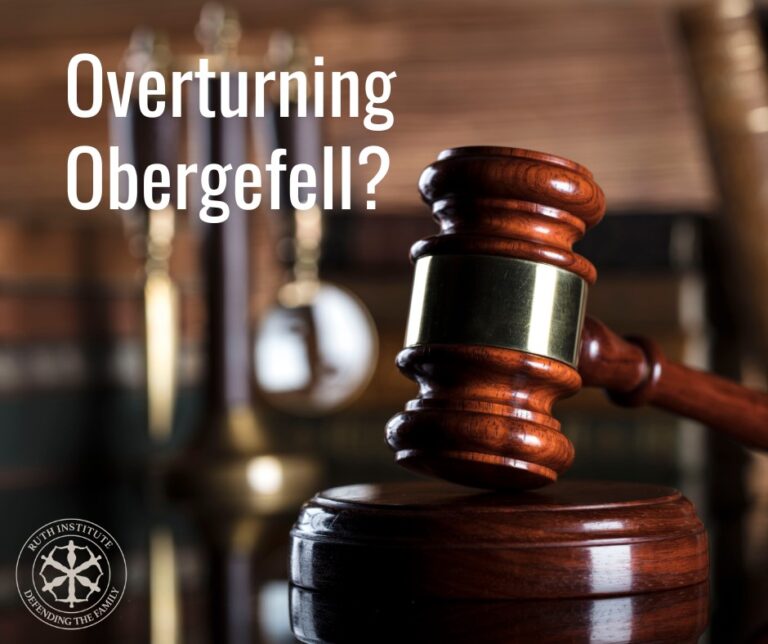Faith Hakesley
In a time where sensational headlines and social media outrage dominate, it’s easy to react emotionally when allegations of wrongdoing arise. This is particularly true when they involve a priest or someone we admire. Our natural instinct may be to rush to the defense of those who appear to share our values, or to hastily assume guilt based on biases or preconceived notions. Unfortunately, these emotional reactions fail to serve either truth or justice.

When faced with such allegations, we must resist the temptation to take sides too quickly. Our personal feelings or loyalties do not determine guilt or innocence. What matters is the truth, without which, there can be no justice for the accused or the alleged victim. Rushing to condemn or defend only perpetuates injustice.
I speak from experience. When I came forward about the sexual abuse I endured at the hands of a parish priest, I was immediately met with division. People took sides, and many rushed to defend my abuser. Some even went so far as to distribute fliers outside the church to raise money for his defense. It was a painful experience, not just for me, but for my entire family.
Using Caution and Discernment
At the same time, I’ve also seen how easily people assume that any accusation against a priest must be true and must be sexual in nature. Let’s be honest—the Catholic Church and its priests aren’t exactly beloved by everyone. That said, it’s important to remember that not all priests are bad. Too often, the actions of a few taints the perception of the many.
We must act cautiously. It’s crucial to strike a balance between supporting survivors and acknowledging that false accusations can and do occur. Once someone’s reputation is tarnished, it is incredibly difficult to restore.
An issue with the #MeToo movement is the increasing ease with which someone can make an accusation of rape without any concrete evidence. Sensationalized journalism and social media cause emotional reactions, with people taking a stand before all the facts are known. This only deepens division and confusion. We must remember that truth takes time to surface.
Yes, people lie. But, as Catholics, we have a responsibility to take such claims seriously and pray for all involved, including those trying to uncover the truth. False allegations cause just as much harm as true allegations that go unaddressed. Both extremes point to the need for a measured, prayerful, and truth-focused response. We are called to set aside personal feelings (whether frustration, discomfort, or outrage) and entrust the situation to God’s providence and the processes of justice.
Responding to Allegations: Some Suggested Guidelines for Discernment
1. Take Every Allegation Seriously
Regardless of how minor the behavior may appear, it is crucial to acknowledge the concern without dismissing it. Even seemingly small actions can have significant implications, especially when trust and safety are at stake.
2. Avoid Rash Judgment
Don’t make public statements or take sides until all the facts are clear. Unless you have insider information or were involved in some way, you likely don’t have the full picture. You could be viewing the situation through a biased lens. Listen to all perspectives carefully and refrain from using inflammatory language that can escalate the situation.
3. Encourage Proper Reporting
Ensure that concerns are reported through the appropriate channels. Most dioceses have protocols in place that should be followed. In many cases, local civil authorities should also be informed.
4. Prioritize Transparency and Accountability
Open communication helps reassure the community that the matter is being handled responsibly.
5. Show Compassion to All Parties
Offer pastoral care to the alleged victim, the accused priest, and the parish community. Regardless of the outcome, everyone involved may experience confusion, fear, or pain and will need support. It is devastating to be told someone you thought was wonderful and holy has a dark side. It’s also heartbreaking to see a truly holy individual suffer from a false accusation.
6. Be Prayerful and Patient
Pray for all those involved and for justice to be served. Resist the urge to speculate or spread rumors. Focus on truth, healing, and unity. When in doubt, silence (especially on social media) can often be the best option.
In moments of shock and uncertainty, patience, peace, and silence are often our greatest allies. Reacting rashly or emotionally only deepens the wounds within the Body of Christ. The devil wants division, not unity. Let us seek to be like Christ, who always pursued the truth with compassion and wisdom. Above all, let us pray for truth to prevail, for justice to be done.



